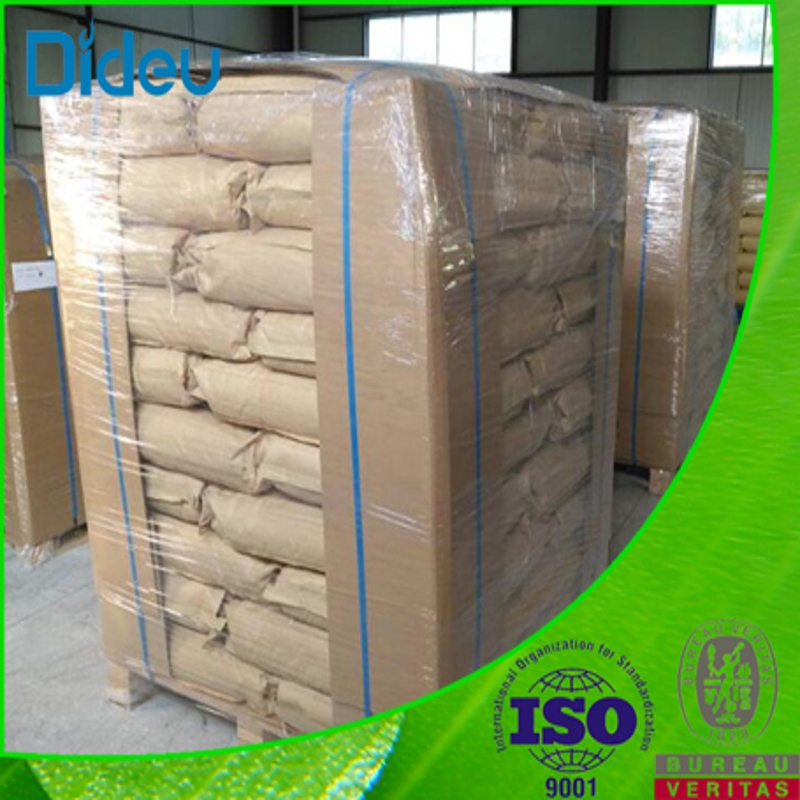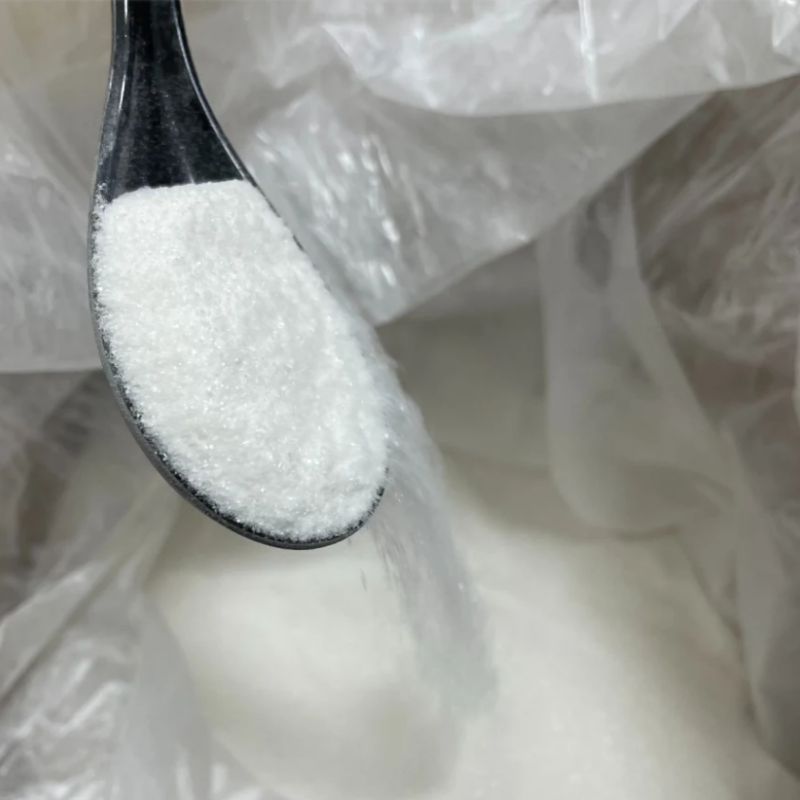-
Categories
-
Pharmaceutical Intermediates
-
Active Pharmaceutical Ingredients
-
Food Additives
- Industrial Coatings
- Agrochemicals
- Dyes and Pigments
- Surfactant
- Flavors and Fragrances
- Chemical Reagents
- Catalyst and Auxiliary
- Natural Products
- Inorganic Chemistry
-
Organic Chemistry
-
Biochemical Engineering
- Analytical Chemistry
-
Cosmetic Ingredient
- Water Treatment Chemical
-
Pharmaceutical Intermediates
Promotion
ECHEMI Mall
Wholesale
Weekly Price
Exhibition
News
-
Trade Service
Recently, researchers at the University of Illinois at Chicago took another step in the research of electric vehicle batteries, and the team's electric vehicle batteries made of magnesium ions may be able to outperform lithium battery electric vehicles
.
Since magnesium is an ion that carries two positive charges, each time magnesium ions are used as a battery material, twice as many electrons
can be touched.
This work opens a reliable design path
for high-voltage, high-energy batteries.
Each battery consists of a positive and negative electrode and an electrolyte, where electrode swapping is usually positively charged electrons and ions, and only ions of the electrical insulator flow through the electrolyte in order to force electrons to flow through an external circuit to further power the vehicle or equipment
.
When recharging the battery, the electrode exchange is reversible, but the chemical reaction in this inverse process is not completely effective, which limits the number of times
the battery can be recharged.
Jordi Cabana, chief researcher of academic chemistry and assistant professor at UIC, pointed out that studies have confirmed that magnesium can be reversibly inserted into the structure of the electrode material, which brings us closer to the magnesium-ion battery prototype
.
Cabana points out that our findings are still not a true magnesium-ion battery, just part of it, but you'll find the same reaction
in a later device.
Recently, researchers at the University of Illinois at Chicago took another step in the research of electric vehicle batteries, and the team's electric vehicle batteries made of magnesium ions may be able to outperform lithium battery electric vehicles
.
Since magnesium is an ion that carries two positive charges, each time magnesium ions are used as a battery material, twice as many electrons
can be touched.
This work opens a reliable design path
for high-voltage, high-energy batteries.
Each battery consists of a positive and negative electrode and an electrolyte, where electrode swapping is usually positively charged electrons and ions, and only ions of the electrical insulator flow through the electrolyte in order to force electrons to flow through an external circuit to further power the vehicle or equipment
.
When recharging the battery, the electrode exchange is reversible, but the chemical reaction in this inverse process is not completely effective, which limits the number of times
the battery can be recharged.
Jordi Cabana, chief researcher of academic chemistry and assistant professor at UIC, pointed out that studies have confirmed that magnesium can be reversibly inserted into the structure of the electrode material, which brings us closer to the magnesium-ion battery prototype
.
Cabana points out that our findings are still not a true magnesium-ion battery, just part of it, but you'll find the same reaction
in a later device.







